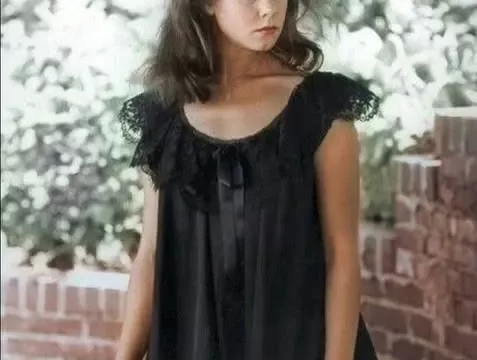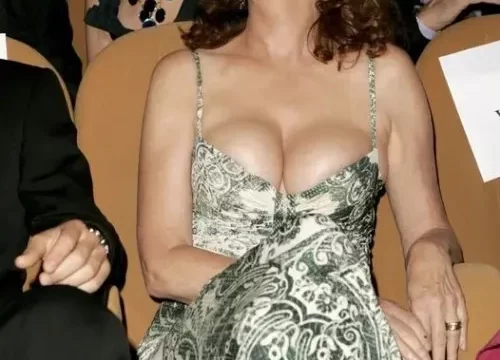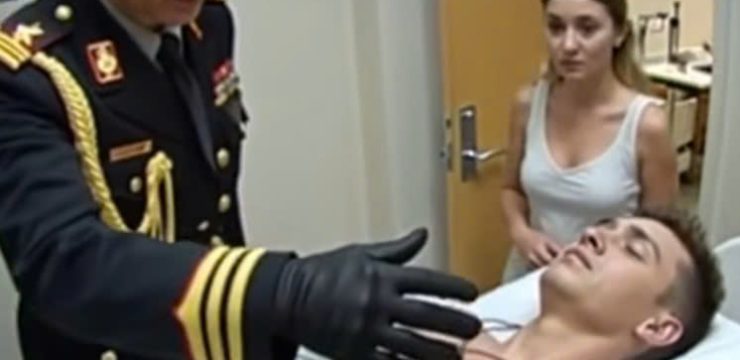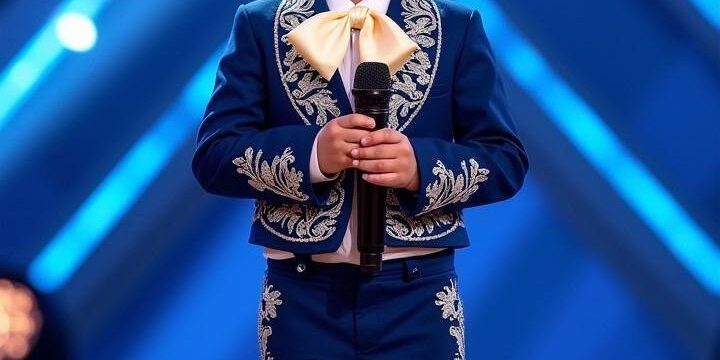The morning sunlight crept through the blinds, painting golden stripes across my living room floor. It should have felt peaceful, but instead, that silence echoed—a hollow reminder that I was now alone. The divorce papers had been signed for weeks, yet the finality hadn’t sunk in. Each creak of the house, each familiar smell, felt like a ghost of the life I once knew. Héctor was still there that day, helping—if you could call it that—with the last of his things. He moved through the house with the awkwardness of someone trying not to care. His jokes were sharp, brittle, forced laughs covering the tension hanging between us.
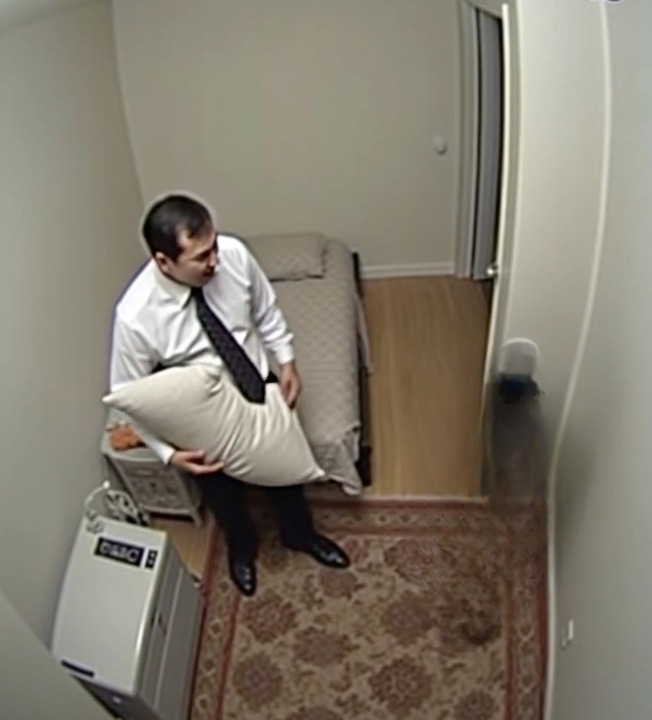
Then, in one careless motion that would change everything, he picked up an old sofa pillow and tossed it my way. “Here, take this too,” he said with that smirk that once charmed me but now only stung. The pillow hit my chest with a soft thud, heavier than I expected. When I caught it, something felt strange—too solid, uneven. A small curiosity tugged at me. As Héctor walked toward the door, I unzipped the seam, expecting maybe a remote control or an old receipt. Instead, my fingers brushed wood. I pulled out a small wooden box, aged and polished smooth by time, sealed shut with a brass latch that had grown faintly tarnished. My heart skipped. I hesitated before opening it, not yet realizing that this moment would alter how I remembered our marriage forever.
Inside lay a bundle of letters, their edges curled and yellowed, tied together with a faded red ribbon. I froze. The handwriting was unmistakable—his. These were Héctor’s letters, the ones he had written years ago, when we were still wild with love and promise. I thought they were gone, thrown out in one of our many moves. Beneath them, resting like a quiet secret, was a velvet pouch. Inside shimmered the sapphire necklace he’d given me on our first anniversary, its blue gem still catching the light as beautifully as it did that night he clasped it around my neck. For a moment, I forgot to breathe.
I sat down slowly, the letters trembling in my hands. The first one opened easily, and the words reached out like echoes from another time. “My dearest,” it began, in the looping, hopeful handwriting of a man still learning what forever meant. He wrote about dreams we’d shared—starting a family, traveling the world, growing old together. He told me I was his home. I could almost hear his laughter again, smell the faint trace of his cologne, feel the warmth of the man I’d once known so intimately. Each word wrapped me in a bittersweet ache. The memories were alive, but the people in them were gone. The Héctor who wrote those letters had vanished long before our marriage ended. Somewhere along the way, exhaustion, resentment, and unspoken hurts had built a wall too high to climb.
As I turned the pages, I asked myself the question that wouldn’t leave my mind: why did he hide them here? Why tuck away pieces of our beginning inside a sofa pillow, as if love itself needed a secret burial? Maybe it was guilt. Maybe nostalgia. Or maybe this was his quiet rebellion against letting go completely—a way to keep proof that what we had was once real. Whatever his reason, I realized something I hadn’t been ready to face: even though our marriage had crumbled, our love had been genuine. It had shaped us, for better and for worse.
I placed the letters and necklace back into the box and sat in stillness. For months, I had carried bitterness like armor, protecting myself from the pain of betrayal and disappointment. But as I held that box, something shifted. The anger loosened its hold. I began to understand that endings aren’t erasures—they’re transformations. The years we shared were not wasted; they were lived. Love doesn’t disappear just because it changes form. It remains, quiet and enduring, teaching us what we need to learn before we move on. That night, I set the small box beside my bed. The once-heavy pillow was empty now, but it felt lighter somehow. I rested my head on it and, for the first time since the divorce, fell asleep without tears.
In the days that followed, I didn’t call Héctor. There was no urge to reopen old wounds or question his motives. What mattered was what the discovery stirred within me. It reminded me that I still had the capacity for tenderness, forgiveness, and love. The divorce had ended our marriage, but it hadn’t emptied my heart. Those forgotten letters became something unexpected—a bridge between grief and growth. They showed me that love, even when lost, leaves behind something valuable: the proof that I had once dared to give my whole heart.
I started to notice small changes in myself. Morning coffee tasted less bitter. The house, once suffocatingly quiet, began to feel peaceful. I caught myself humming while folding laundry, smiling at the absurdity of it all. Healing wasn’t a lightning strike; it was a slow dawn. And that wooden box, once a symbol of heartbreak, had become a token of freedom.
Life rarely follows the script we write in our minds. Relationships end, promises fade, and dreams shift course. But every connection leaves a mark—each love, each loss, shaping who we become. For me, that hidden box tucked away in an old pillow became a mirror reflecting what truly mattered. It reminded me that closure doesn’t come from forgetting someone—it comes from remembering with compassion, acknowledging both the beauty and the pain.
As the sun rose the next morning, I stood by the window, letting the light wash over me. I wasn’t the same woman who had walked through the storm of heartbreak months before. I felt lighter, ready to step into the unknown, not with resentment, but with gratitude—for the love that was, and for the strength it left behind.
In the end, the hidden box wasn’t just a relic of our past. It was a quiet teacher, whispering that love doesn’t always last forever, but its echoes can guide us toward something even more lasting—peace. Sometimes, the smallest discoveries—a letter, a necklace, a forgotten wooden box—can mend the spaces where our hearts once broke, turning what was once loss into the start of a new beginning.
